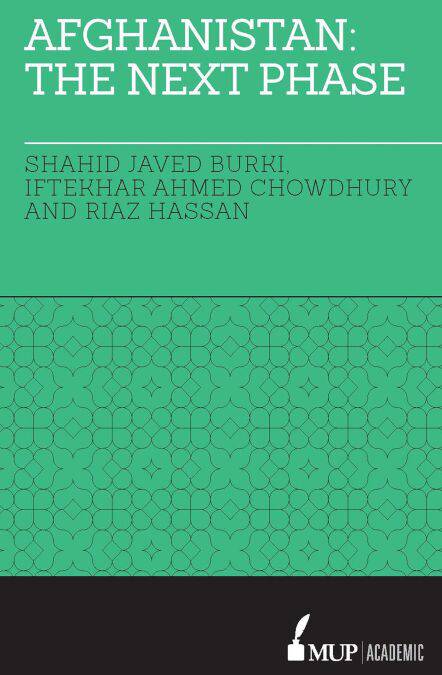
- Afhalen na 1 uur in een winkel met voorraad
- Gratis thuislevering in België vanaf € 30
- Ruim aanbod met 7 miljoen producten
- Afhalen na 1 uur in een winkel met voorraad
- Gratis thuislevering in België vanaf € 30
- Ruim aanbod met 7 miljoen producten
Zoeken
Afghanistan: The Next Phase E-BOOK
The Next Phase
Shahid Javed Burki, Iftekhar Ahmed Chowdhury, Riaz Hassan
E-book | Engels
€ 21,80
+ 21 punten
Uitvoering
Omschrijving
Afghanistan: The Next Phase takes an in-depth look at the present situation in Afghanistan by placing it in the context of the country's tribal culture, history and demography. It considers its association with Pakistan, with whom it shares not only a long border, but also the Pashtuns, the largest ethnic component in its population and the rise of extremism in many parts of the Sunni world. The country faces an uncertain future as it has yet to develop the institutional structure that could transform it into an inclusive society.
This book offers analysis of what the economic future holds for Afghanistan when the United States completes the withdrawal of combat troops at the end of 2014, when the flow of foreign capital that has helped the country is likely to be reduced significantly. The authors propose a formal association of ten to twelve countries to chaperone the country into the future. In the absence of such an arrangement, Afghanistan could once again become a failed state, which would have repercussions around the world.
This book offers analysis of what the economic future holds for Afghanistan when the United States completes the withdrawal of combat troops at the end of 2014, when the flow of foreign capital that has helped the country is likely to be reduced significantly. The authors propose a formal association of ten to twelve countries to chaperone the country into the future. In the absence of such an arrangement, Afghanistan could once again become a failed state, which would have repercussions around the world.
Specificaties
Betrokkenen
- Auteur(s):
- Uitgeverij:
Inhoud
- Aantal bladzijden:
- 200
- Taal:
- Engels
Eigenschappen
- Productcode (EAN):
- 9780522867343
- Verschijningsdatum:
- 30/11/2014
- Uitvoering:
- E-book
- Beveiligd met:
- Adobe DRM
- Formaat:
- ePub

Alleen bij Standaard Boekhandel
+ 21 punten op je klantenkaart van Standaard Boekhandel
Beoordelingen
We publiceren alleen reviews die voldoen aan de voorwaarden voor reviews. Bekijk onze voorwaarden voor reviews.











